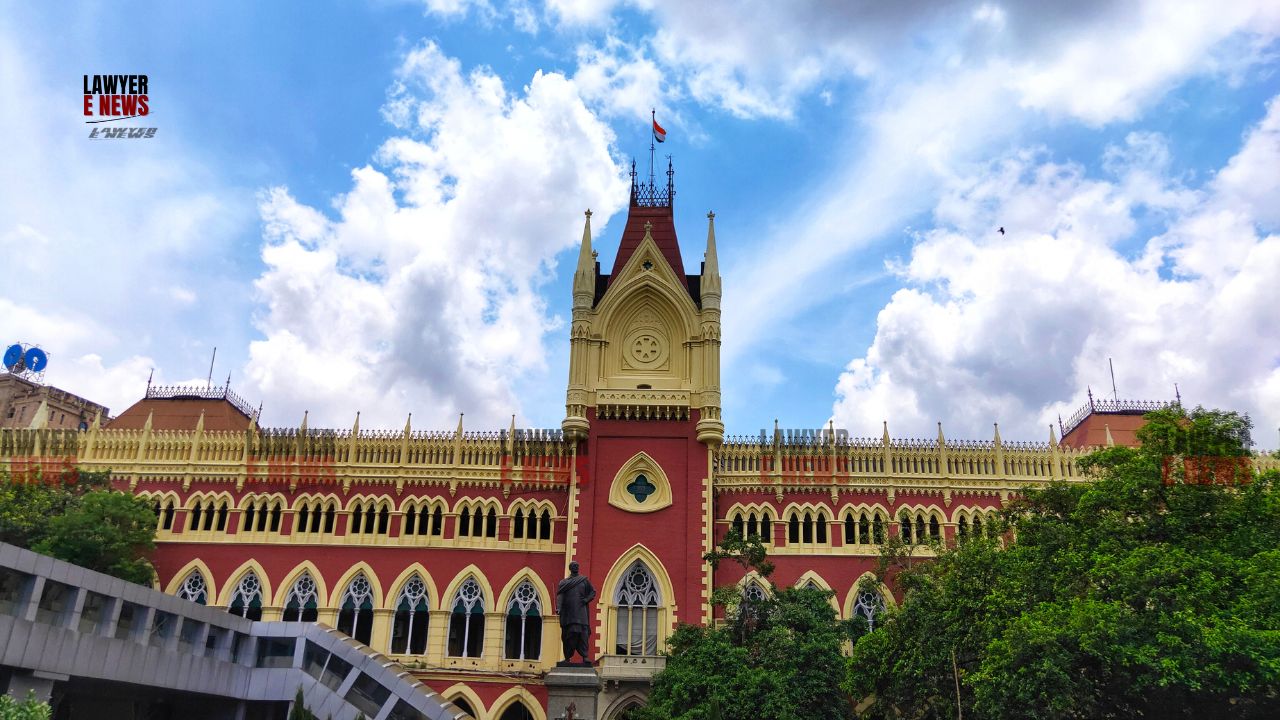-
by sayum
14 February 2026 2:22 PM



High Court upholds Trial Court’s decision to include opposite party No. 14 under Order 1, Rule 10(2) CPC for effective resolution of property dispute. The High Court at Calcutta, under the Civil Revisional Jurisdiction, has dismissed a petition challenging the order of the Learned 3rd Civil Judge (Senior Division) at Howrah. The order had impleaded an additional party in a title suit for partition. The bench, led by Justice Biswaroop Chowdhury, emphasized the necessity of including all relevant parties for the effective adjudication of the suit, upholding the Trial Court’s discretionary powers under Order 1, Rule 10(2) of the Code of Civil Procedure (CPC).
The primary issue addressed was the inclusion of the opposite party No. 14 in the ongoing partition suit. The High Court affirmed the Trial Court’s decision, noting, “The inclusion of all parties with an interest in the property is crucial for the complete and effective resolution of the dispute.” The Trial Court had found that the opposite party No. 14, despite initial objections from the petitioners, was necessary for a comprehensive adjudication of the issues involved in the suit.
Justice Biswaroop Chowdhury underscored the broad discretionary power granted to courts under Order 1, Rule 10(2) of CPC. He stated, “The Court may, at any stage of the proceedings, add any person whose presence is necessary for the effective adjudication of the matter.” This principle was highlighted in the context of ensuring that all pertinent facts and parties are considered to prevent fragmented litigation and secure a final resolution.
The High Court utilized its supervisory jurisdiction under Article 227 of the Constitution to uphold the Trial Court’s order. Justice Chowdhury noted, “The inclusion of the opposite party No. 14 does not alter the nature of the suit but ensures that all relevant issues are addressed.” This supervisory oversight reinforces the necessity of comprehensive participation in cases involving complex property disputes.
The judgment delved into the principles of adding necessary and proper parties in litigation. Citing several precedents, including Ratan Kumar Sarangi v. Viskwanath and Mumbai International Airport Private Limited v. Regency Convention Center and Hotels Private Limited, the court reiterated the importance of involving all parties with a stake in the litigation’s subject matter. “A necessary party is one without whom no effective decree can be passed,” the court emphasized, “while a proper party is one whose presence enables the court to adjudicate all issues completely.”
Justice Biswaroop Chowdhury remarked, “The addition of opposite party No. 14 is imperative for the complete adjudication of the suit, considering the extensive history of the property and previous litigations.”
The High Court’s dismissal of the petition underscores the judiciary’s commitment to thorough and inclusive legal processes in partition suits. By affirming the lower court’s decision, the judgment reinforces the legal framework for involving all interested parties to ensure comprehensive resolution of property disputes. This decision is expected to set a precedent for similar cases, emphasizing the court’s role in facilitating complete and effective adjudication.
Date of Decision: June 14, 2024
